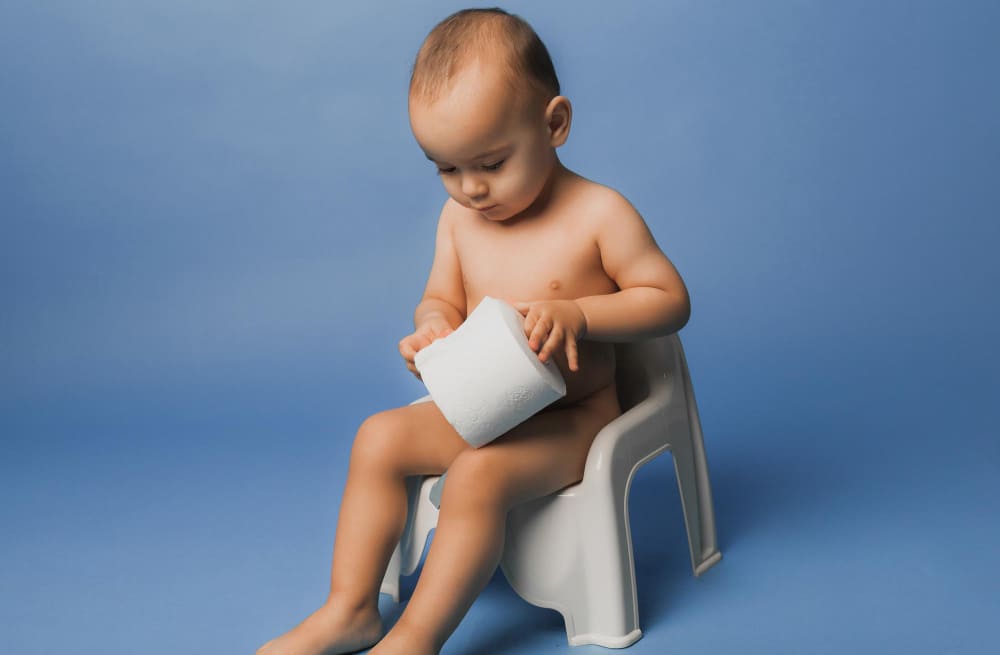Experts suggest that setting children into a predictable routine enhances child development. But try as you might, potty time for your little one just does not work in a routine! So what do you do? Well, read on to get a few tips on making this just a little easier for yourselves.
Developmental psychologists recommend that you start potty training at the right age – not too early and not too late. And for most children, this right time could be close to their third birthday. This is roughly the age when their bowel movements settle into a routine and become predictable. So this would be a good time to begin their toilet training. Bear in mind however, that each child has its own pace and no pressure tactics should be used. Here are few things you could do to toilet train your child:
No Pressure Please! Moms, don’t get anxious.
“Toilet training itself has psychological connotation and pressure to use only the potty can lead to resistance,” feels Dr. Mangala Ayre, an expert on early childhood development. Forcing a child can only result in resistance. Do not succumb to social and peer pressure. This rule applies also to those grandparents who feel that if they could train their children sooner, why not try the same tactics on this child? Remember each child has a unique system – emotional, physical and psychological!
Talk To Your Kids.
Make it a fun event and give it time. Though many working parents have little time in the morning to wait it out while the child takes his own sweet time, patience is the keyword where children are concerned and there are no short-cuts. You just have to organise your time accordingly. The child’s natural biological clock may also turn irregular on some days due to any number of reasons (late meal at night, not enough fiber in the food, lack of sleep, lack of water). Dr. Ayre suggests that the important thing to do is to acquaint your child with the process and importance of doing potty; talk about becoming independent , letting go of diapers, growing big….you’d be surprised (pleasantly) at how well-received the clichéd ‘you’re a big boy/girl’ line is! However, never tell the child it’s dirty, bad or yucky, she warns.
Get the Right Seat.
Apart from clothes, even toilet seats need to be a good fit. Some children are afraid of falling in, so a comfortable toilet seat of the correct size must be used. Also, this will ease the strain that both you and your child will have if you have to hold him.
Don’s Stress During Those Potty Accidents.
Even if there are untoward incidents, treat the child gently and reassure him. Scolding could make them feel guilty as though they have done something wrong and send them into a shell. To avoid such embarrassment, share a secret code with your child for the word ‘potty’ and make him use it when you are in company.
Cultivate Good Eating Habits.
It is needless to say that a well-balanced meal with sufficient roughage of fruits and vegetables is important to give regular bowel movement. Also, monitor your child’s water and fluid intake to avoid dehydration and ensure that they pass urine without pain.
As always, there is no perfect formula. But keep these pointers in mind, create your own routine of training your child and make your child’s transition from diapers to the potty a pleasant, trauma-free one. Whenever he successfully completes his routine, don’t forget to utter words of appreciation and reward him every time with a big hug! Regular bowel movement is a key to good health. So remember, a child who has regular toilet habits is bound to be a healthy, cheerful, self confident child, and will be able to eat and play well.
